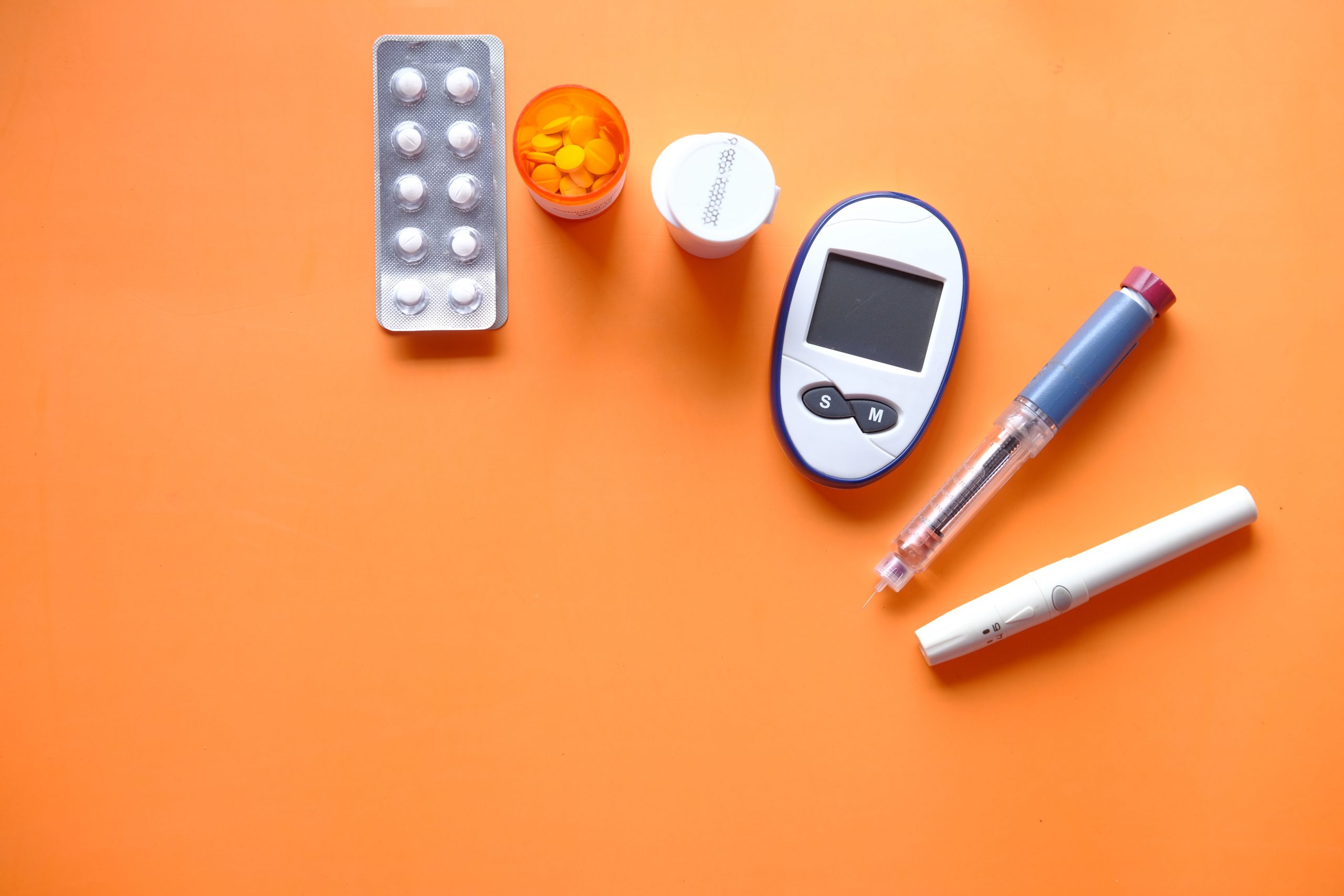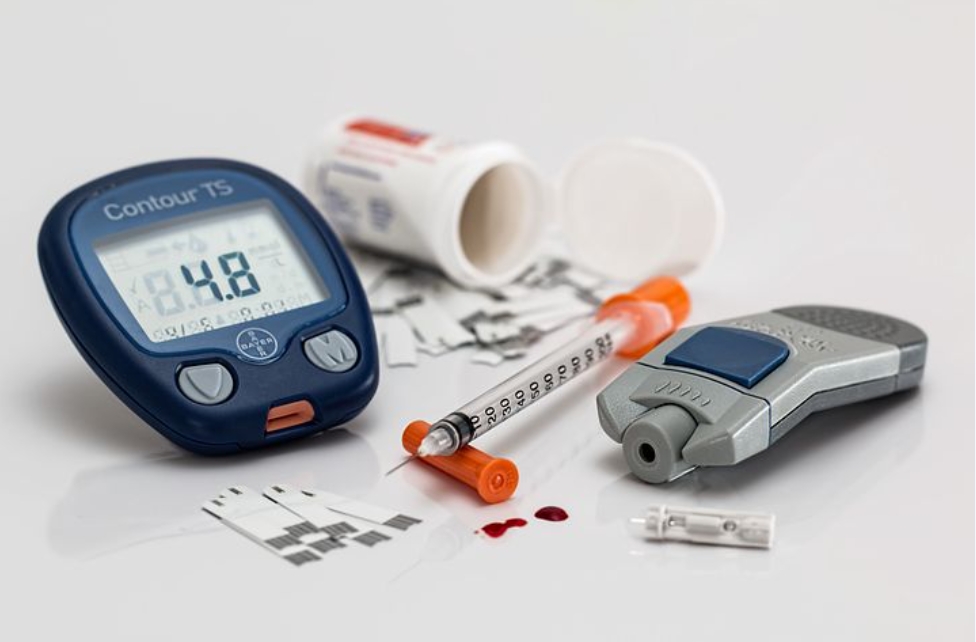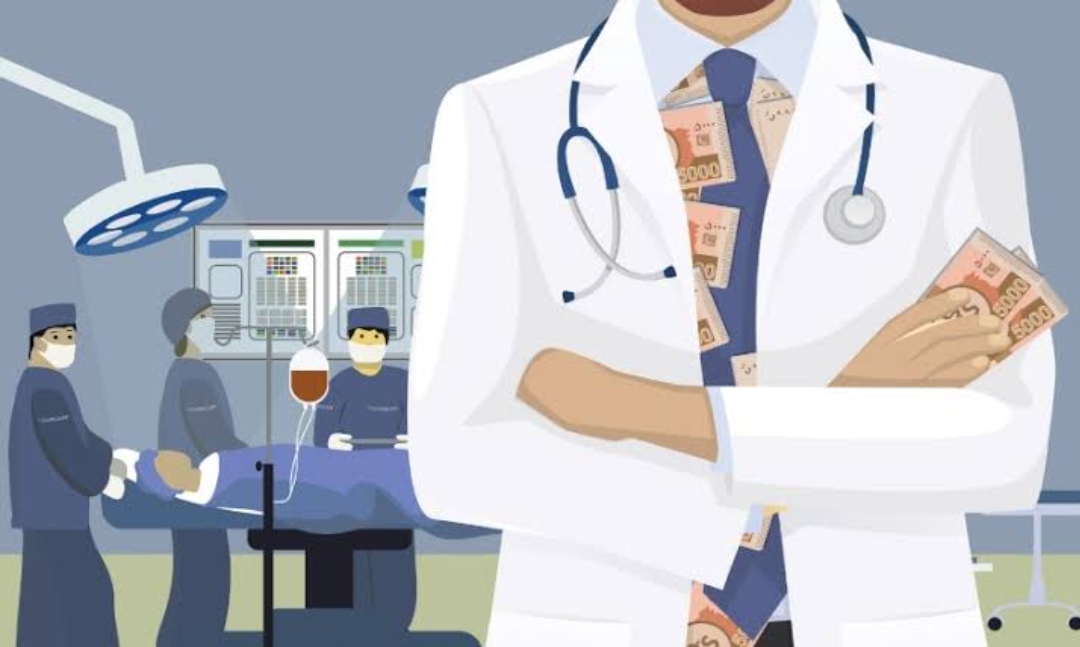
What is the relationship between Type 2 Diabetes & High Blood Pressure.
High blood pressure, is a condition that’s seen in people with type 2 diabetes. It’s unknown why there’s such a significant relationship between the two diseases. It’s believed that the following contribute to both conditions:
- Obesity
- A diet high in fat and sodium
- Chronic inflammation
- Inactivity
High blood pressure is known as a “silent killer” because it often has no obvious symptoms and many people are unaware they have it. People usually find out they have high blood pressure when a doctor takes a blood pressure reading, or they take one themselves at home.
The reading will give two numbers:
- The systolic is the top number
- The diastolic is the bottom number
According to the AHA, the results will be one of the following:
- Normal: Systolic below 120 and diastolic below 80
- Elevated: Systolic 120–129 and diastolic under 80
- Hypertension stage 1: Systolic 130–139 and diastolic 80–89
- Hypertension stage 2: Systolic 140-plus and diastolic 90 or more
- Hypertensive crisis: Systolic higher than 180 and diastolic above 120.
A hypertensive crisis means that the individual needs to see a doctor immediately.
According to the ADA, the combination of high blood pressure and type 2 diabetes is particularly lethal and can significantly raise your risk of having a heart attack or stroke. Having type 2 diabetes and high blood pressure also increases your chances of developing other diabetes-related diseases, such as kidney disease and retinopathy. Diabetic retinopathy may cause blindness. It concluded that people with high blood pressure have a higher risk of developing type 2 diabetes.
Can diabetes cause high blood pressure?
A person with diabetes either does not have enough insulin to process glucose or their insulin does not work effectively. Insulin is the hormone that enables the body to process glucose from food and use it as energy. As a result of insulin problems, glucose cannot enter the cells to provide energy, and it accumulates in the bloodstream instead.
As blood with high glucose levels travels through the body, it can cause widespread damage, including to the blood vessels and kidneys. These organs play a key role in maintaining healthy blood pressure. If they experience damage, blood pressure can rise, increasing the risk of further harm and complications.




















